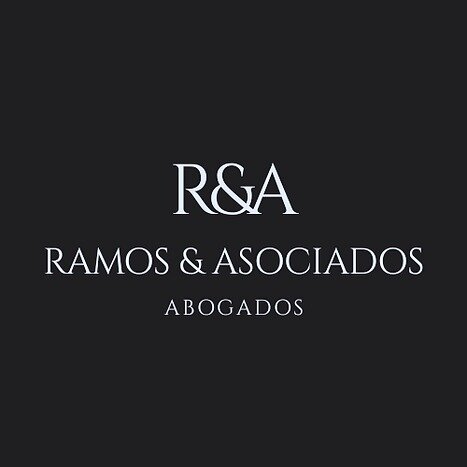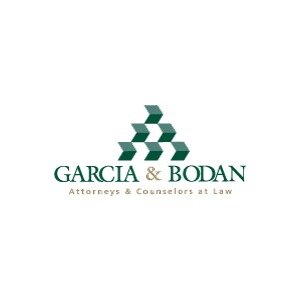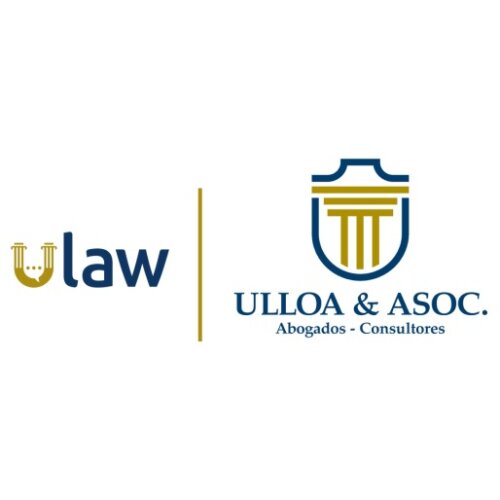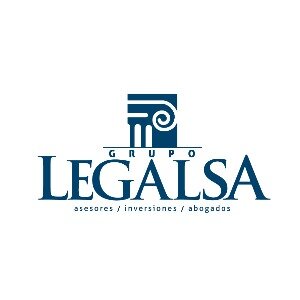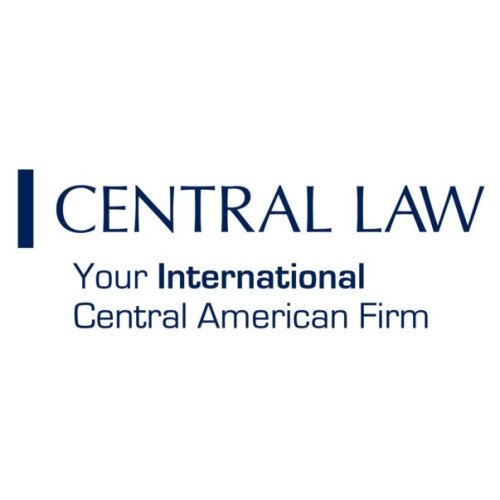Best Private Equity Lawyers in San Pedro Sula
Share your needs with us, get contacted by law firms.
Free. Takes 2 min.
List of the best lawyers in San Pedro Sula, Honduras
About Private Equity Law in San Pedro Sula, Honduras
Private equity involves investing directly in private companies or engaging in buyouts of public companies to delist them from stock exchanges. In San Pedro Sula, Honduras, private equity is an emerging field fueled by the city’s economic growth, commercial dynamism, and strategic location. Investors, both local and foreign, are increasingly looking toward this sector as a means to drive value, restructure businesses, and spur innovation in various industries such as manufacturing, technology, real estate, and agriculture. The regulatory landscape provides structured, yet flexible, avenues for investment, but also requires careful navigation to ensure compliance and risk mitigation.
Why You May Need a Lawyer
Engaging in private equity transactions in San Pedro Sula involves complex legal, financial, and regulatory considerations. A qualified lawyer can provide invaluable support in a variety of situations, such as:
- Conducting due diligence to verify the legal standing and financial health of target companies. - Drafting and negotiating investment agreements, shareholder agreements, and other key contracts. - Structuring deals to optimize tax efficiency and compliance with local laws. - Addressing regulatory concerns, such as foreign investment controls and competition law. - Advising on exit strategies, including sell-offs, mergers, or public offerings. - Managing risks related to employment, intellectual property, and environmental regulations. - Representing clients in disputes, regulatory inquiries, or litigation related to private equity investments.
A lawyer can guide you through the entire process, helping protect your interests and ensuring that your investments are legally sound.
Local Laws Overview
Private equity in San Pedro Sula is governed by several key legal frameworks that investors must understand:
- Commercial Code of Honduras: Outlines the rules for forming, operating, and dissolving companies, including provisions relevant for venture capital and private equity transactions. - Investment Law: Encourages both domestic and foreign investment by offering incentives, protections, and establishing procedures for registering investments and repatriating profits. - Tax Regulations: Dictate the tax treatment of capital gains, dividends, and other returns arising from private equity activities. - Foreign Exchange Rules: Control the movement of funds into and out of Honduras, which is crucial during the investment and exit stages. - Labor and Social Security Laws: Affect any acquisitions or restructuring involving workforce changes. - Competition Law: Oversees mergers and acquisitions to ensure they do not harm market competition.
The local landscape is not as heavily regulated as in some larger jurisdictions, but there are specific requirements and processes that must be followed. Proper legal guidance is essential to avoid potential pitfalls.
Frequently Asked Questions
What is private equity?
Private equity refers to investment in private companies or the acquisition of public companies with the intent to restructure, grow, or enhance profitability before exiting, usually through a sale or public offering.
How is private equity different from venture capital?
Venture capital typically invests in early-stage companies or startups, while private equity usually involves investing in more mature businesses, often through buyouts, restructurings, or expansions.
Are there restrictions on foreign investment in private equity in San Pedro Sula?
Honduras generally welcomes foreign investment, although certain sectors may have restrictions. It is important to review current regulations and seek legal advice before proceeding.
What are the main legal steps in a private equity transaction?
Typical steps include legal due diligence, negotiation and drafting of contracts, regulatory filings (if required), and completion of closing documents. Each deal may have unique requirements.
How are private equity profits taxed in Honduras?
Profits from private equity, including dividends and capital gains, are subject to taxation according to Honduran tax law. Tax structuring is critical for maximizing returns.
Do I need government approval to invest in private equity?
Generally, no prior approval is needed except for certain regulated sectors. However, all foreign investments should be registered in accordance with local regulations to benefit from legal protections and tax incentives.
What is due diligence and why is it important?
Due diligence is the process of investigating a company’s legal, financial, and operational status before investing. It helps identify risks and informs the terms of the transaction.
Can private equity firms acquire public companies in Honduras?
Yes, private equity firms can acquire public companies, often delisting them in the process. This requires compliance with securities regulations and may involve mandatory buyout offers to shareholders.
Are there exit restrictions for private equity investments?
While Honduras permits repatriation of profits and capital, proper procedures and documentation are required for currency exchange and tax purposes. Legal counsel can facilitate smooth exits.
How can I find a qualified private equity lawyer in San Pedro Sula?
You can start by consulting local bar associations, seeking recommendations from business networks, or contacting established law firms that specialize in corporate and investment law.
Additional Resources
For additional guidance and support regarding private equity in San Pedro Sula, consider the following resources:
- Honduran Chamber of Commerce and Industry of Cortés (CCIC): Offers networking and information services to local and international investors. - National Investment Council (CNI): Provides resources, guidance, and steps for investing in Honduras, including key incentives and regulations. - Honduran Bar Association (Colegio de Abogados de Honduras): Can connect you with vetted legal professionals experienced in private equity. - Honduran Tax Administration (SAR): Offers guidance on taxation aspects relevant to investments and corporate structures. - Superintendency of Banks and Other Financial Institutions: Regulates financial entities and can provide specific information about financial sector investments.
Next Steps
If you are considering private equity investment or transactions in San Pedro Sula, Honduras, it is essential to proceed methodically. Begin by outlining your investment objectives and identifying potential target companies or sectors. Engage a reputable lawyer with experience in private equity to advise on deal structuring, compliance, and risk management from the outset. Collect and review all necessary documentation for due diligence, and work closely with your legal advisor throughout negotiations and regulatory filings. With proper guidance, you can navigate the local legal landscape, maximize investment benefits, and protect your interests at every stage of the transaction.
Lawzana helps you find the best lawyers and law firms in San Pedro Sula through a curated and pre-screened list of qualified legal professionals. Our platform offers rankings and detailed profiles of attorneys and law firms, allowing you to compare based on practice areas, including Private Equity, experience, and client feedback.
Each profile includes a description of the firm's areas of practice, client reviews, team members and partners, year of establishment, spoken languages, office locations, contact information, social media presence, and any published articles or resources. Most firms on our platform speak English and are experienced in both local and international legal matters.
Get a quote from top-rated law firms in San Pedro Sula, Honduras — quickly, securely, and without unnecessary hassle.
Disclaimer:
The information provided on this page is for general informational purposes only and does not constitute legal advice. While we strive to ensure the accuracy and relevance of the content, legal information may change over time, and interpretations of the law can vary. You should always consult with a qualified legal professional for advice specific to your situation.
We disclaim all liability for actions taken or not taken based on the content of this page. If you believe any information is incorrect or outdated, please contact us, and we will review and update it where appropriate.



